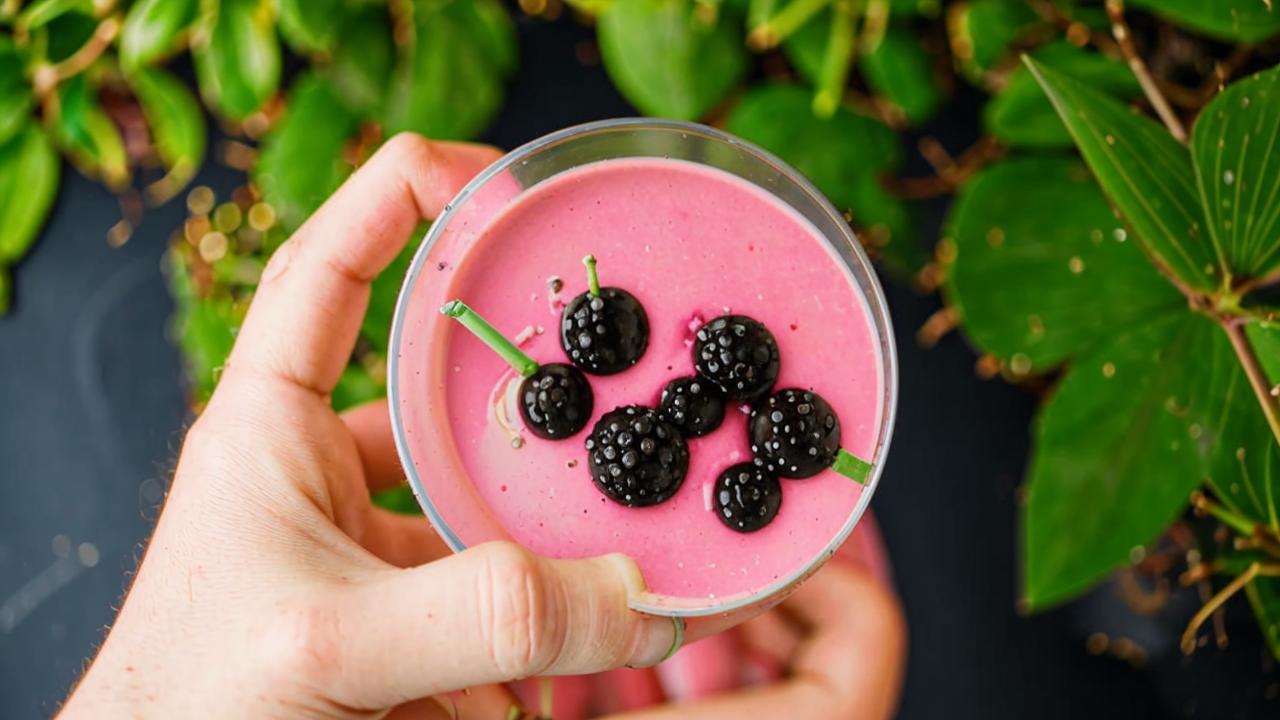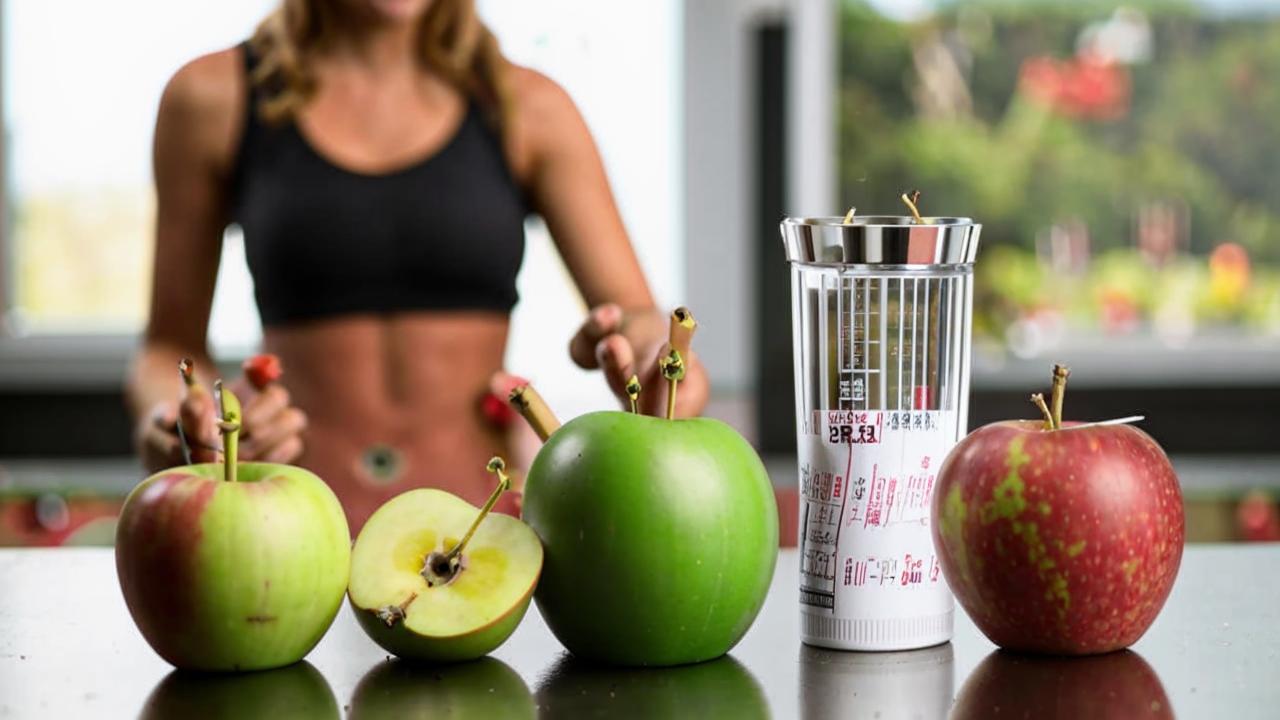Within the framework of our special project “Get in shape in 30 days” we asked the nutritionist of World Class fitness clubs network Mariya Ratnikova to answer the most common questions concerning weight loss and transition to proper nutrition.
FAQ. Top of the most common questions at the appointment with a nutritionist
What should I eat at night to avoid getting fat?
It is better not to eat at night at all. There are almost no serious restrictions. You should not eat easily digestible carbohydrates, sugar two hours before bedtime, in some nutrition programs. Here everything is very individual. If you really want, then let it be any protein product of small volume (a little cottage cheese, chicken breast).
How to correctly calculate your norm of proteins, fats and carbohydrates? Is the diet with the observance of BGU effective or not?
There are two basic rules. You need to consider the energy balance, how much you eat and how much you spend. If you are losing weight, there should be a small deficit. There are standard formulas for calculation, but everything is also conditional. It is necessary to calculate for each individual. When calculating on your own, you can use the formula: 1.5 g of protein per 1 kg of weight and 1 g of fat per 1 kg of weight.
Where should the right breakfast begin?
This is a good question. There are many opinions. Someone says that porridge is best in this case, someone says that proteins. The main rule of breakfast is to have it. Within an hour after waking up, it is absolutely necessary to eat.

What can be the reason that the weight stands?
A lot of reasons. It is often the case that the main rules are not observed. For example, the balance of BGU and calorie deficit is not observed. If everything is correct – the question is to training. Intensity and periodicity play a big role. But sometimes it happens that a person is intensively engaged in the gym, but at the same time leads a sedentary lifestyle. It does not happen that all the rules are observed, training and nutrition are selected correctly, but the weight stands. This is often due to lack of sleep (stress reaction) of the body. Because of this we lose muscle, but not fat. And fat, on the contrary, accumulates.
Is there a drinking norm or is it a myth?
How much water should a normal person drink on average and how can you calculate your norm? 30 ml per 1 kg of weight is the standard norm. Without taking into account the water that is in foods and without taking into account the training process. You should drink as much as you want during training.
What do you think about the effectiveness of detox programs and how effective are they really? What is detox?
All detox programs are rich in lots of fruits, vegetables and greens, and are based on natural dietary fiber. It helps the proper functioning of the GI tract. You can apply these programs and include them in your diet, but it is better not to overdo it. Why are they so popular? Because they guarantee supercleansing of the body, this is exaggerated to say the least. The effect of them, of course, there is, but not as much as on the Internet.

Is it necessary to completely give up sweets? Or a chocolate bar in the morning is not a problem?
It all depends on your goals. If you want to lose weight, you can eat anything, taking into account the deficit and balance. But, as a rule, the goals are different. To make a quality change and maintain the result. It is necessary not just to make a meal plan can / can not, you need to change your lifestyle. This will give a good and stable result, so I would not recommend piling on the sweets.
There is an opinion that dairy products can make a person very swollen. Should you completely exclude dairy products from your diet if you are on a diet?
Everything is good in moderation. If there is lactose intolerance, then these people should not consume dairy products. Often these people may be bothered by an upset stomach rather than allergic swelling. The question is rather not whether to eat or not to eat, but how much and when. I would add that the harm of dairy is greatly exaggerated. Nothing terrible will not happen if your diet will be, for example, cottage cheese. The main thing is not to obsess.

Before going to a nutritionist
Each of our participants had an individual consultation with a nutritionist. The right diet and intensive training are the key to your success on the way to achieving your goals. Let’s find out together: how to properly prepare for a visit to a nutritionist?
1. Start a food diary a week before going to the nutritionist, write down everything you eat. In order not to carry a notebook and a pen, you can use a convenient and, importantly, free application FatSecret.
2. Remember, or better yet, write out all of your intolerances and contraindications to various foods.
3. Be prepared for questions regarding the intensity and frequency of your workouts, quality and duration of your sleep. All of these factors are very important in order to develop an individualized nutrition plan.

You can download the individualized nutrition plans of our project participants.
Maxim Syreyshchikov – Managing Director of “Championship”.
Goal: correct and quality transition to a healthy diet.
Download the diet plan for the day.
Polina Sycheva – student, freelancer.
Goal: weight loss using detox programs and superfoods.
Download a diet plan for the day.
Nikita Kuzin – journalist.
Goal: weight loss, relief.
Download a diet plan for the day.
Dayana Mukhametzhanova – student.
Goal: weight loss, organic transition to proper nutrition.
Download a diet plan for the day.
General recommendations of a nutritionist in the choice of products.
Goal: transition to a healthy diet, weight loss.
Download.






